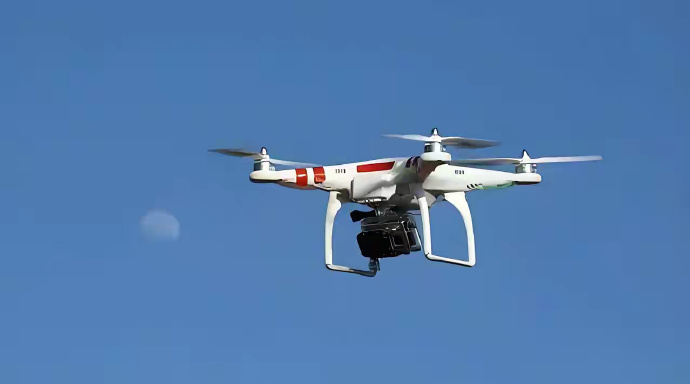Mastering the Art of Beginner Drones: Essential Tips for New Pilots
Venturing into the world of drones can be an exciting yet overwhelming experience for beginners. With the wide selection of beginner drones available, it’s crucial to understand the basics before taking flight. This guide aims to provide essential tips and information to help you navigate your journey as a new drone enthusiast.
Choosing the Perfect Beginner Drone
When selecting your first drone, several factors should be considered. A beginner drone should be affordable yet packed with essential features like stability and easy controls. Brands such as DJI and Holy Stone offer reliable options for novice pilots. Look for drones equipped with altitude hold and headless mode, which simplify the flying experience and provide extra peace of mind.
Understanding Safety Guidelines
Safety is paramount when operating your beginner drone. Familiarize yourself with local regulations regarding drone flights, as compliance is crucial to avoid fines or penalties. Key guidelines include maintaining line-of-sight, avoiding restricted areas, and respecting privacy by not capturing unauthorized images or videos. Practicing safe flying habits will ensure a positive experience for both you and those around you.

Basic Drone Flight Maneuvers
Once you have your beginner drone, it’s time to master basic flight maneuvers. Start in an open space to practice takeoff, hovering, and landing. Gradually introduce more complex movements such as turns and altitude changes. Mastery of these maneuvers will build your confidence and skill level. Remember, patience and practice are key.
Common Issues and Troubleshooting
Drones can occasionally encounter problems such as connectivity issues or loss of control. Begin by checking the connection between the remote control and the drone. Ensure firmware is up-to-date and, if necessary, recalibrate your drone. Most issues can be resolved with simple troubleshooting, but continuous learning and adapting are essential.
Extending Battery Life
Battery management is crucial for maximizing your flight time. Charging your drone’s battery before each session is recommended, and avoid flying in extremely cold conditions as this can drain power quickly. Investing in spare batteries ensures your fun isn’t cut short.
Capturing Stunning Aerial Footage
Now that you’re comfortable flying your beginner drone, take advantage of the high-resolution cameras available on many models. Practice framing and composition to capture breathtaking shots. Experimenting with angles and lighting will enhance your photography skills and produce stunning results.
FAQs
- How high can I fly my beginner drone?
Most beginner drones are limited to a maximum altitude of 400 feet to comply with aviation regulations.
- What should I do if my drone crashes?
First, assess the damage and check for broken parts. Many brands offer replacement components, allowing you to repair your drone back to flying condition.
- Is drone insurance necessary?
While not mandatory, insurance can protect against potential damages and liabilities, especially if flying in populated areas.
Embarking on your drone journey can be immensely rewarding. By choosing the right equipment and prioritizing safety, you set yourself up for an enjoyable experience. With these tips, you can confidently explore the skies and capture memorable moments.